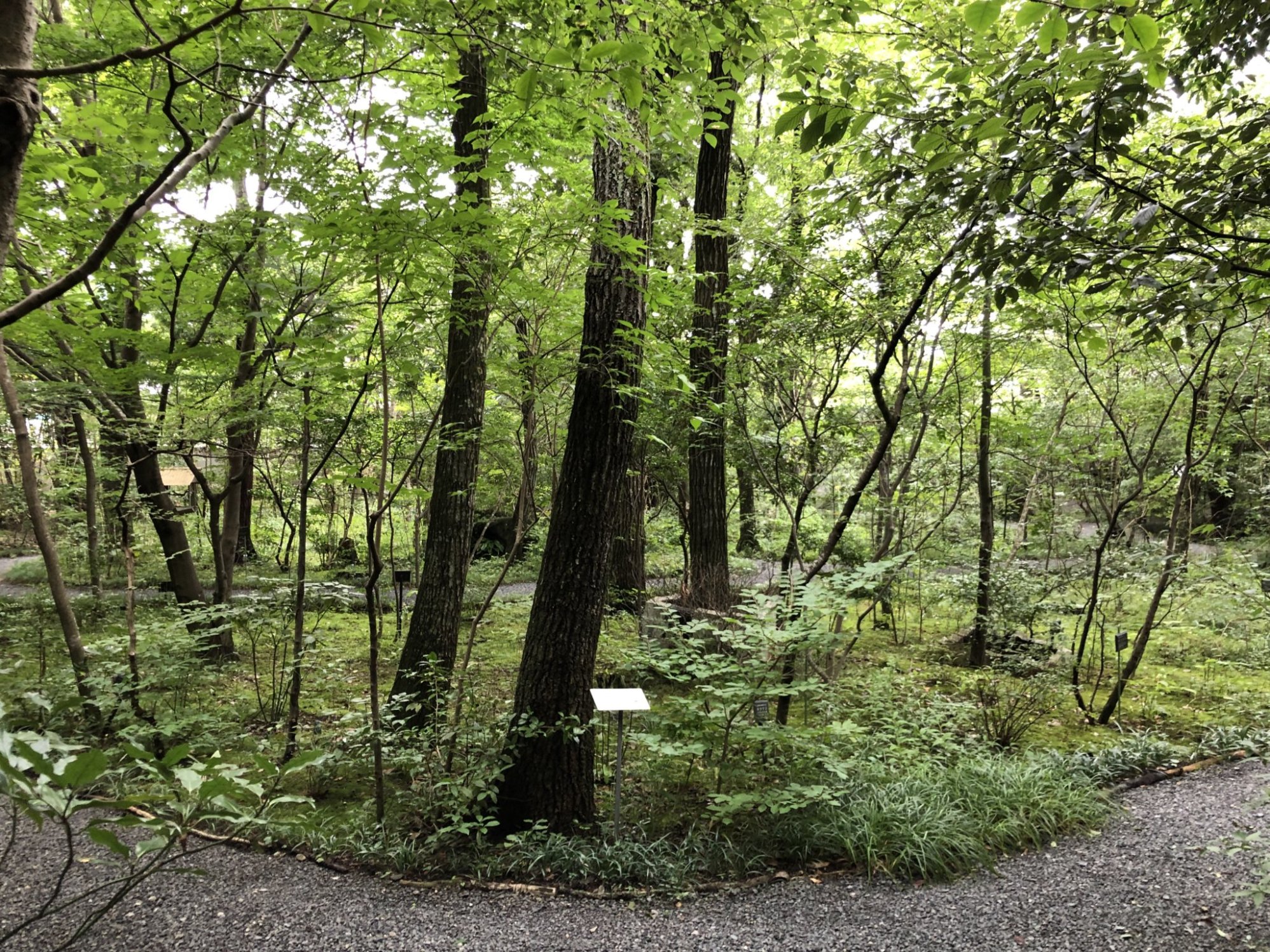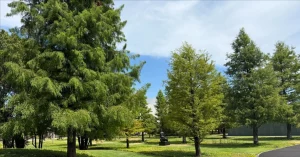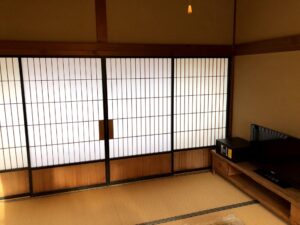If you have studied law even a little, you have probably read a book called “100 Precedents” at least once. Incidentally, a precedent is a record of a trial and is a compact summary of the case from its progress to the verdict.
The 100 selected precedents are those that were selected for use in subsequent trials in fields such as constitutional law and criminal law for the purpose of making judgments. In fact, it is not exactly 100, but about 100 representative cases are listed.
When I was in college, I hated it when I had to read them for a report assignment. I had read many novels, but although they were written in the same Japanese language, the technical terms, peculiar phrases, many academic theories, unfamiliar pitfalls, and the difficult sentences themselves made it difficult to read through the book. Even after reading through it several times, I could not understand the meaning at all. I was completely at a loss, having become accustomed to the emotional sentences of literature.
And at the time, I had not the slightest idea that I would ever work in the law, so I thought it was a completely useless study and let it pass me by.
Years later, when I suddenly found myself working in law, at first I thought, “Oh, that world again. The text of the casebooks I was forced to read in college came back to my mind. At that time, I still thought of law as tasteless rote memorization and looked down on it one-sidedly, as is often the case with literature followers.
However, when I picked up the book again, it happened to be on criminal law, and to my surprise, I found it very interesting to read. I understood the meaning and found myself nodding my head in agreement with the results.
To begin with, the cases in the 100 cases are all unusual cases in the sense that they set precedents for court cases.
In the case of a famous criminal law case, a man was punished because he mistakenly hunted a muzuna for a mejina, or a man managed to escape from an apartment where he was being held captive and was hit and killed as he fled onto the highway.
In the judgment, they find the article of law that fits the case and apply the facts using norms to reach a conclusion, but the whole process of judgment looked fresh and new to me as if I had never heard of it before.
It renewed my awareness that, indeed, this is how problems that occur in the real world of human beings are solved.
Of course, novels are more interesting because they are made to be read as entertainment, but at this time, I thought that precedents are also a story. Then I thought of the possibility of using these 100 cases to create a variety of novels (although they may have already been created).
Suspense from criminal procedure law, courtroom drama from civil procedure law, hostile takeover from corporate law, etc. And indeed, I have tried to use it as a subject for a novel for adults, but it just doesn’t seem to fit. I couldn’t sublimate it into a story.
When I thought about the reason for this, I found two reasons: First, the brain used when dealing with law is somewhat different from the brain used in fiction. When I read a case, I can’t help but think logically. At that time, there is no room for smooth scene development or detailed foreshadowing.
On the other hand, when you are creating, your brain rejects all such logical solutions. The brain is occupied with feelings and internal psychology.
Secondly, it is like using entertainment gossip as a blog topic, because it makes you feel like you are cheating somehow.
Creation is an act of starting a story by oneself from the horizon, which is always zero, and one must use the magma that wells up from within oneself.
In other words, precedents are always someone else’s case, and it is difficult to make them your own. If you must, it is better to find a case in the 100 selected cases that occurred or you encountered in a similar situation to yours, and create a story that can be compared to your own life.
On the other hand, it would be nearly impossible to find such a case in the vast number of precedents. I don’t think there are many people who would be so strange as to do it in real life.
However, those who have studied law in depth, such as those who took the bar exam, must have found at least one case that was personal to them or that they felt a sense of familiarity with. And if you ever have the slightest intention of writing a novel based on this case, I think it could be a great source of material.
I remember writing somewhere once that I wished lawyers would come to the world of literature, and that is what I meant. If you are a lawyer, you can probably write at least one interesting story.
On the other hand, those who want to shake the world with their novels may want to study law. The relationship between law and literature is a very interesting theme for me, and I would like to write about it from time to time in the future.
See you soon.












